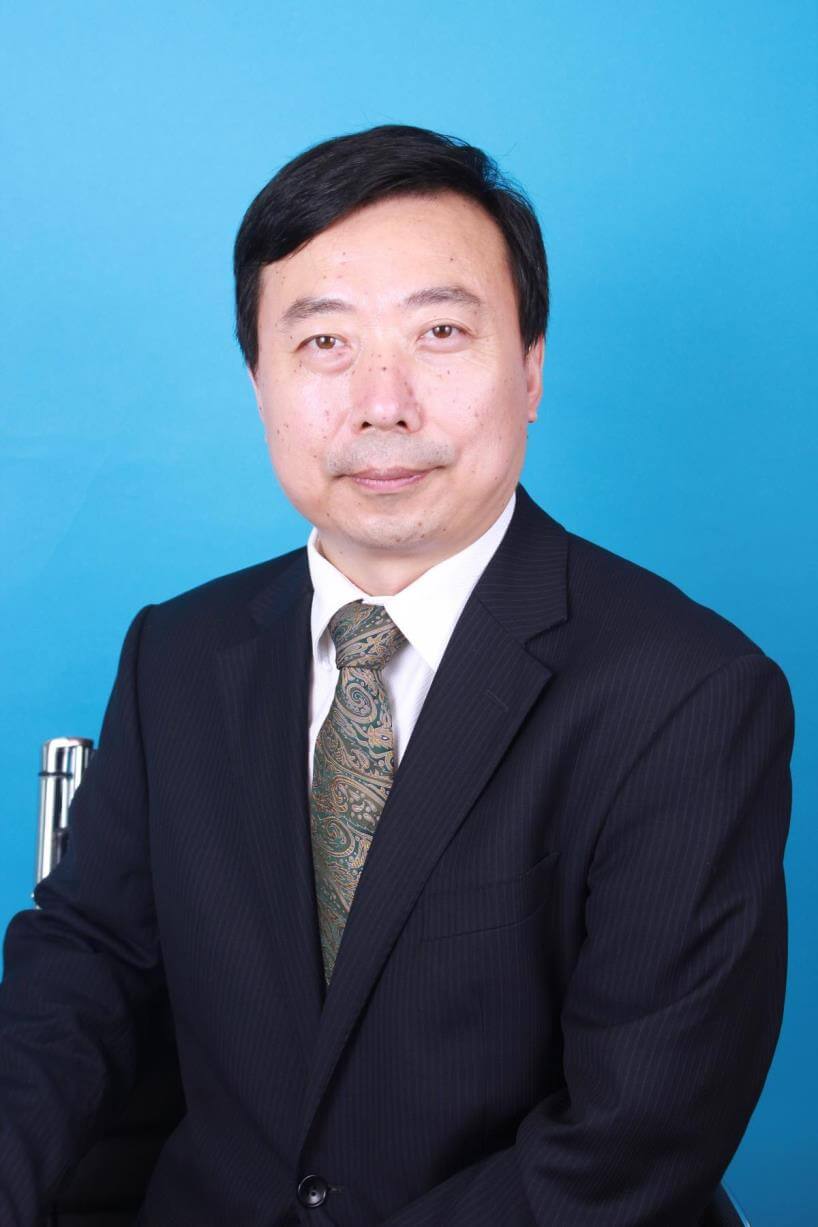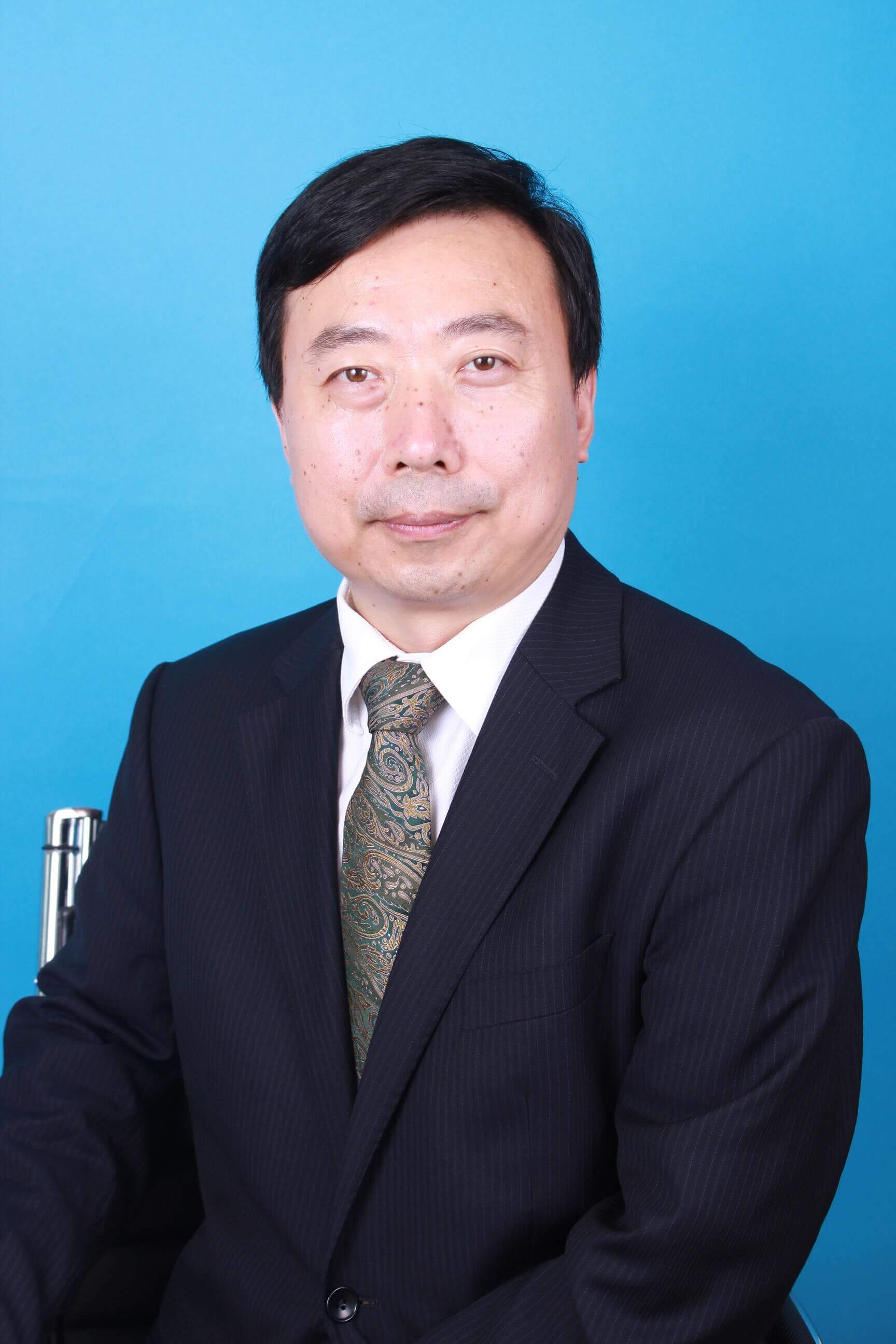
Dispute Resolution Elite in Arbitration, China
JT&N has distinguished itself as a leader in multiple areas of legal practice, both international and domestic. JT&N was established in 1992 in Beijing.
Today, JT&N is one of the most dynamic law firms in China, as well as one of the largest with over 500 attorneys. JT&N’s Shanghai office was opened in 2003. Located in Lujiazui, Shanghai’s dynamic international financial zone, the office currently has around 100 attorneys, led by Managing Partner Zhao Ping and other senior partners.
The lawyers at JT&N’s Shanghai office advise a wide range of clients on matters in many areas of the law, including foreign direct investment, mergers and acquisitions, private equity, venture capital, corporate finance and capital markets, real estate, intellectual property, bankruptcy and restructuring, entertainment, commercial litigation and arbitration.
Our firms witnessed a rapid growth this year. Previously, we were only a medium sized law firm in Shanghai with around 50 lawyers. This year, we are attracting more and more lawyers and even previous judges to join us. Our firm is also one of the only six law firms that exceed a turnover of 100,000,000 RMB in Pudong District of Shanghai.
I would like to highlight that there are a few lawyers who are engaged as the legal consultants of various governments, for example, I myself am the legal consultant of both Shanghai Municipal Government and Shanghai Municipal Commission of Commerce.
In addition, we now have more than 20 lawyers appointed as the arbitrators in around 30 arbitral institutions. I am also appointed as arbitrators by the reputed domestic and international arbitral institutions, such as HKIAC, CIETAC, SHIAC, KLRCA, etc.
Moreover, our firm has successfully organised an international arbitration forum on March 6, 2016, inviting internationally renowned arbitrators to discuss on the hot topics and trend of the international arbitration. Afterwards, we have also held an
internationally recognised forum on May 17, 2016 on the Singapore maritime arbitration related issues.
Currently, the following methods are usually adopted to solve disputes: litigation, arbitration, mediation and negotiation. Negotiation is usually the first step parties in disputes would attempt without escalating the disputes to any third party. Failure of solving the disputes by negotiation, parties would tend to involve a neutral third party to settle the differences, where mediation or/and arbitration come into play. Litigation is the most traditional way parties choose to settle their disputes and it is usually more popular when the disputes are domestic ones.
However, recently, Singapore established a Singapore International Commercial Court, which processes none Singaporean commercial disputes. The enforceability of such court judgments remains in discussion. There is also a new emerging resolution mechanism especially designed for construction projects these days called Construction Project Disputes Review. The Construction Project Disputes Review service is usually provided by the commercial arbitration institutions; however, such Review adopts a different set of rules from commercial arbitrations.
Mediation is enjoying rapid developments globally nowadays. However, the binding force of mediation seems to be less effective than arbitration or litigation. International dispute resolution experts, including UNCITRAL are widely discussing how to improve
the enforceability of mediation. Additionally, the professionalism of mediation shall be strengthened in terms of the expertise of the mediators in the practise area as well as the management of the cases of mediation institutions. In China, institutional mediation system is not yet well established and there are a few professional commercial mediation institutions. One of the more reputed mediation institutions is Shanghai Commercial Mediation Centre.
Looking to the Future
One major challenge is cost. The cost for running a firm is vastly increasing over the recent years. One typical example is the rental fee of the office. The initial rental fee of our Shanghai office was around 5 RMB/square/day, whilst the current rental fee is now over 10 RMB/square/day. The cost of operating the firm is also increasing in a way that the salaries of the employees are increasing as well as the social insurance. Another big challenge these days is the higher and higher expectations by the clients and lower attorney fees due to a quickly growing number of the attorneys as competitors.
In order to overcome those challenges, we have to improve our professionalism and make sure that our expertise develops in a way much quicker than the other lawyers. In that way, we are reducing competitors and providing better service to our clients with reasonable price, making a good profit to keep the firm running.
As to arbitration, there three main areas where we see promising. One is commercial arbitration. There are more than 240 arbitral institutions established in China, processing more than 110,000 cases annually, with an increase of 20% in the case number and 50% in the amounts of the cases. One is international trade arbitration. More and more international traders now tend to choose arbitration as the dispute resolution mechanism. Another one is investment arbitration. With the increase in the crossborder investments, disputes between the investors and the states are rising. In such disputes, arbitration is also inclined to be a better way to solve disputes than litigation. Bearing these in mind, we are growing our team to suit the development of the trend.
Company: Jincheng Tongda & Neal Shanghai Office
Name: Ping Zhao
Email: [email protected]
Web: www.jtnfa.com
Address: 9/F, Standard
Chartered Tower, 201 Century
Avenue, Pudong District,
Shanghai, 200120 China
Phone: 0086 21 6079 5656




















